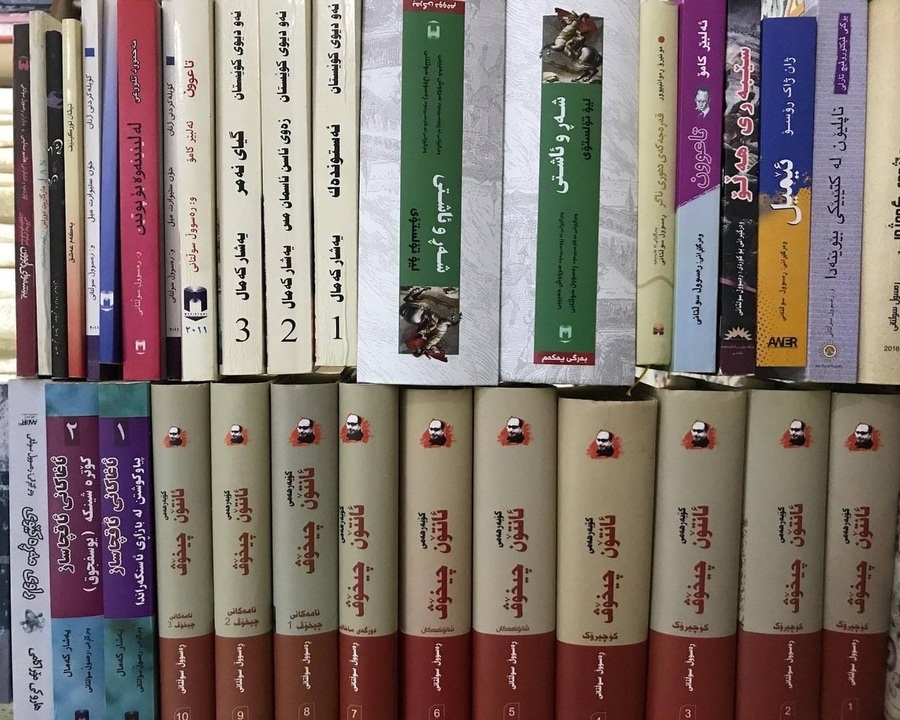Diako Shaswari
Over the past two decades, with the advent of social networks and the influx of superficial and detailed topics suitable for this space, readings at the general level have decreased to topics that are both easier and seen as short messages, are read, and might be forgotten soon, too. However, this is different at the level of serious people, and millions of good resources and articles are available and used in this field. I am talking about the atmosphere that has created this wave of writing and publishing without a choice of language.
If once some magazines and publishing houses were linguistic sources, now that role has changed and everyone measures by their own master and the sources are lost and unknown. Therefore, there is great complexity and weakness in the language and writing of many of those who are publishing translated and literary articles, even writing memoirs, and ... in different fields of the humanities.
This may be interpreted as saying that we cannot prevent the advancement of technological development and that we cannot set barriers to anyone's writing, which is a correct interpretation. If the prevailing situation is what has been said and the linguistic and writing atmosphere has changed under the influence of this trend, there is a way out that can be proposed and used by both the new class and even serious writers. The language will be enriched and all the information should be conveyed correctly to the Kurdish voice.
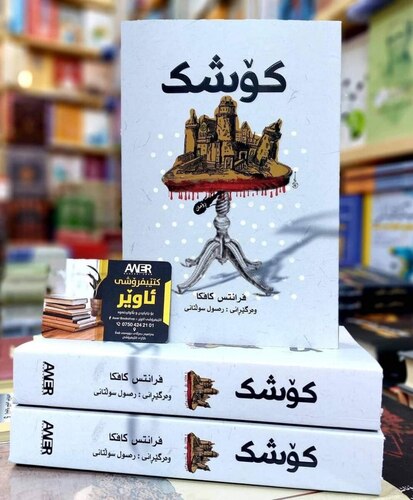
These are questions that many of us may have wondered about and searched for answers to and even found solutions to. As for my own experience, I would like to present only an angle and experience that has fascinated me during the few days I have been reading continuously.
But before I start the main topic, which is my experience during that time, I would like to open the parenthesis. Unfortunately, there is an epidemic among us that is very dangerous, and more or less all of us are aware of it and ignore it, and it is to forget the works of writers and inventors of our generation and language. On the other hand, for a long time, returning to the sources of language and literature was considered backward, and it negatively affected our language. Again, there are many innovative, rich, and strong pens in the same situation.
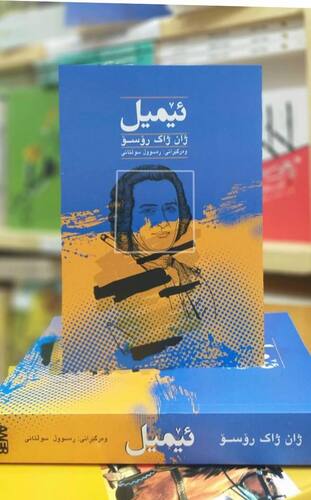
My experience:
I am reading literary theories, critical texts, history, and occasionally novels and short stories. Although I know English a little and read it from time to time, to be honest, most of my readings are in Persian and sometimes in Kurdish.
I'm reading Albert Camus's "The Plague." It is consistent with the current situation and has been recommended by many reading and literary groups around the world. We also have a Telegram group of several people who discuss our common study experiences at night. Everyone has read it. Sometimes we post a short story and it is discussed or at least we say we read it. We will also introduce books from Mopasan, Qezelji, Chekhov, Nahayi, Mandanipour, Sherzad Hasan, Murakami, and others. New Volume of Mukriyan Oral Dictionary, Barbara Takman's Philosophy of History, Daniel's Clouds, Time Tremors, Emile, and ...
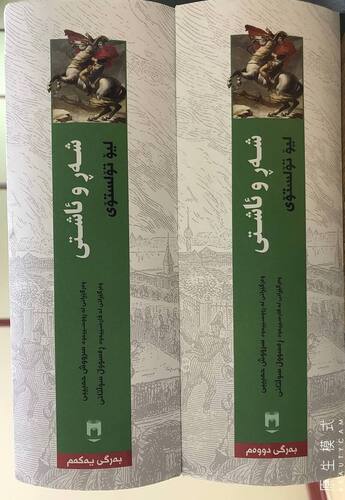
Opening a new page:
One night someone mentioned that Chekhov, which we have mentioned all about, had been translated into Kurdish. Which story? They said his works in several volumes. It has been translated into Kurdish and we will get it.
One night we talked about Barbara Tuckman's book The March of Folly. One said it is translated into Kurdish. How? This is an important book. That's why it's been translated into Kurdish; called the history of stupidity. Oh! That is good news. Well, let's talk about our topic, plague, again. How did you like it? Which translation do you have? I have the translation by Hossein Dehkhoda. And I have the book translated by Seyed Reza Hosseini. Well, I have the Kurdish translation. Which Kurdish book? the plague. Really? I swear.
How's the translation? It is really good; very fluent. Who is that? Rasoul Sultani.
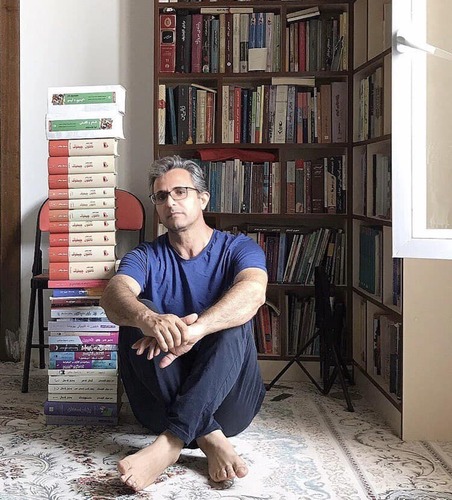
So, we talk about Rasoul Sultani. Who translated Chekhov into Kurdish? Rasoul Sultani. The March of Folly? Rasoul Sultani. I wanted my books from them; I could not find all of them, but I discovered one fact. Someone seems to have been worried about his language for years. He has selected the most serious works and translated them into a rich language full of terms, idioms, etc., full of linguistic beauty, and fluency. The work is extensive and I don't want to say anything about it now. Because I cannot talk about Chekhov's translation, Murakami's novel, The Plague, Yashar Kemal's work, Jean-Jacques Rousseau's Emile, and Bozorg Alawi's at the same time. Yes, that strong pen has translated these and many other books into Kurdish. We all need to read them, and I enrich and enjoy them in my own experience.
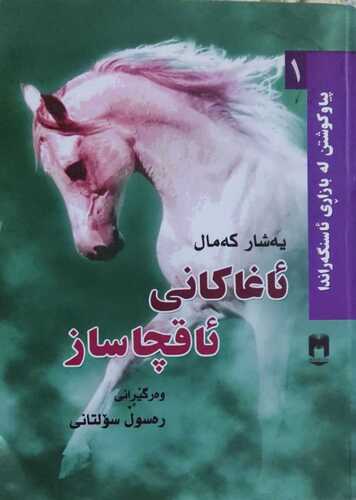
Thank you, Rasoul Sultani for all this work. Well done. News says War and Peace and Lolita have also been printed. In addition, ten volumes of Dr. Ibrahim Younis's novels have been translated into Kurdish and will be published soon. I hope that the pen that is as proud as its author, will continue to enrich the language and invite the beauties of world literature into the Kurdish language.

